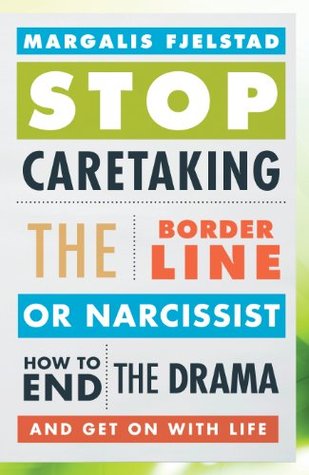More on this book
Community
Kindle Notes & Highlights
Read between
April 3 - June 1, 2024
The BP/NP is a master of intimidation. Because BP/NPs are totally focused on getting what they want and need to feel better, they are willing to threaten, cajole, demand, beg, and complain over and over until they are successful, all with very little thought for the effect on you.
What I would greatly discourage, however, are addictive activities that do not help you think, relax, and take care of yourself. These would include shopping, watching hours of television, surfing the Internet and chat rooms, drinking alcohol, doing more than an hour of exercise a day (unless you are training for a marathon), overeating, or bitch sessions with friends.
Remember that no one else in the universe has been assigned to take care of you. As an adult, you now have the job, whether you like it or not, of taking care of yourself. If you don’t care for yourself, you will become more and more needy, demanding, and eventually emotionally and/or physically ill.
Paying any sort of attention to their emotionally provocative behavior is encouraging to them. Even your “punishment” is rewarding, such as demanding that the BP/NP stop what he or she is doing, shouting, threatening, or getting upset yourself. These are all ways that the BP/NP knows that he or she has your attention and is in control.
Do not discuss any uproar situation afterward. As a Caretaker, you may be a big supporter of the idea that you should talk out situations to make them better. This does not work with the BP/NP.
The only time for serious conflict discussions with a BP/NP is with a trained intermediary, such as a therapist, mediator, or judge.
When the BP/NP initiates a “discussion,” you can predict that he or she is already in an emotionally negative space.
BPs are often described as a “black hole” sucking up all the energy around them and rarely giving any of that energy back.
Helping the children understand the illness of the BP parent and modeling for them functional interactions will be important to their mental health and development. You may have to supervise visits or plan them carefully so that the children and the BP can have as positive an experience as they can.
Instead of being a victim, you embrace acceptance and self-responsibility. Instead of persecuting, you become assertive and take action by doing. Instead of being a rescuer, you start making choices about your caring,
The most common complaints that ex-Caretakers hear from the BP/NP are that you are being selfish, ungrateful, and wrong. Deciding to live your own life will probably be considered a betrayal to the BP/NP. To the BP/NP, the only choice is always the choice that he or she makes.
If you get only one life to live, why would you choose to live someone else’s dream rather than your own? Your life is yours, and it is the only one you will get, so living your own dream and your own life in your own way seems to be the most logical and sensible choice to make.
Really having close friendships and a support system were against the BP/NP’s rules. However, emotional support, friendship, having fun, and enjoying your life are essential to being a normal, healthy adult rather than a Caretaker.
It really helps to have a friend or two (or more) with whom you can spend time just having fun. Fun is a necessary component of having a good, enjoyable, and healthy life. Look around you to find people who know how to have fun and who are also responsible.
When you begin seeing caretaking as the thankless and impossible task that it is, you will find it easier to let it go. This is not a selfish move. It is an act of compassion, caring, understanding, and honesty to both you and the BP/NP to quit trying to change him or her.


